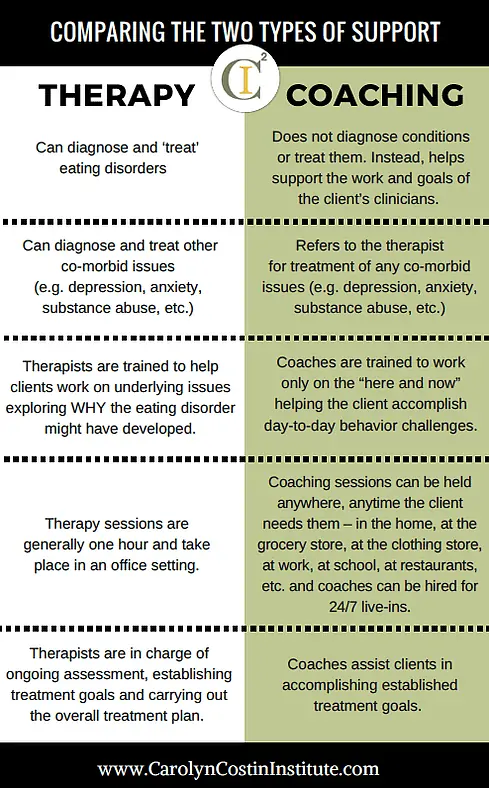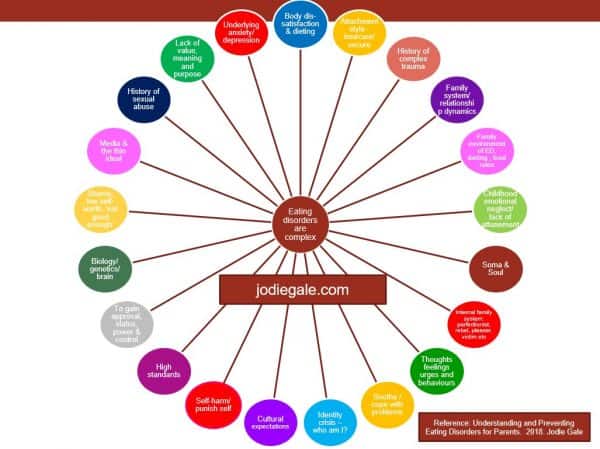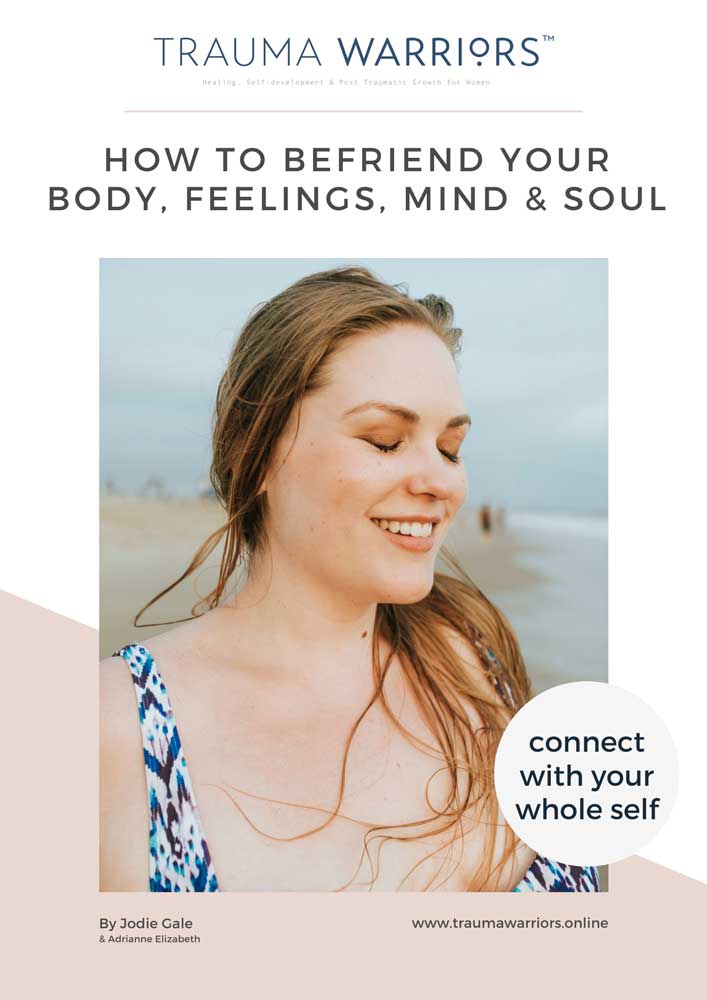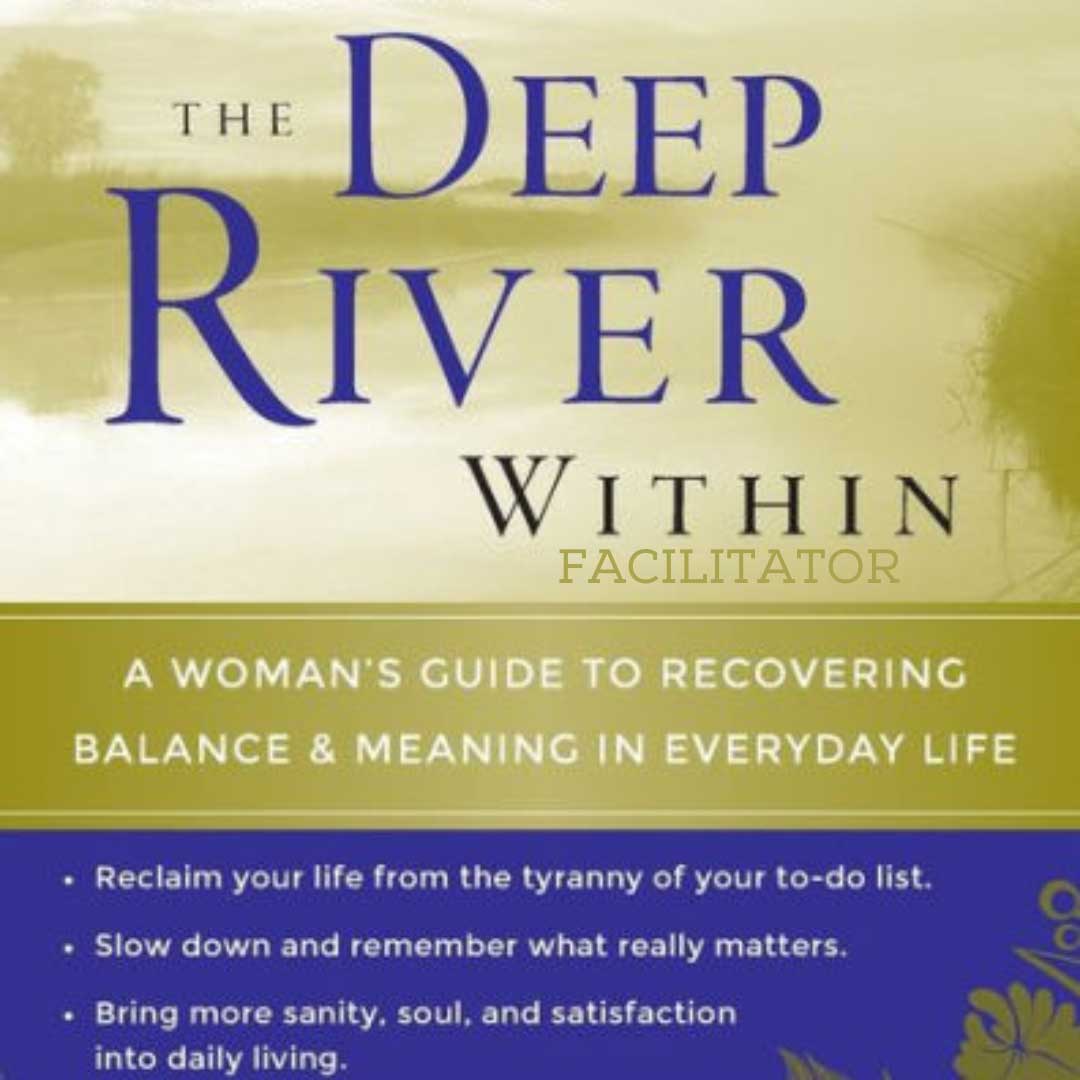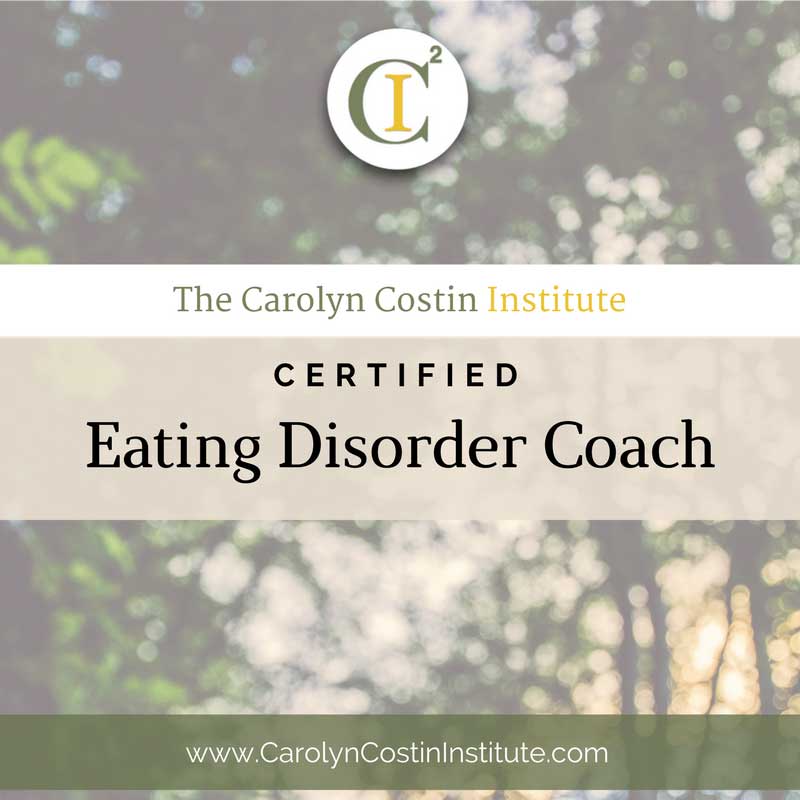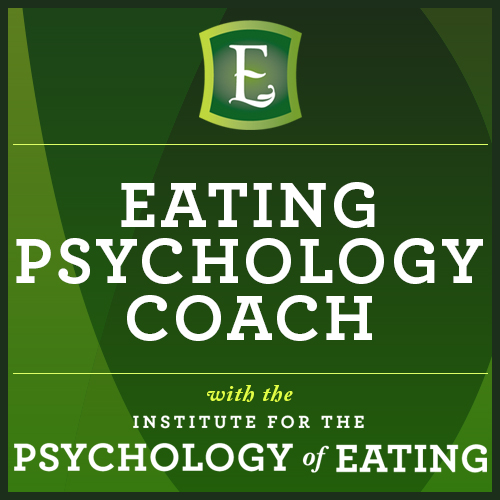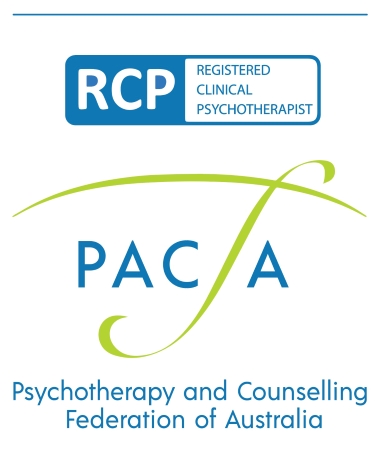If you are looking for eating disorder recovery, you might be confused about what kind of professional you need to work with to help you recover?
The above infographic via the Carolyn Costin Institute is a good place to start.
Coaching is a booming industry and because anyone can hang a shingle on their door and call themselves a coach, you know that if someone has been trained by the Carolyn Costin Institute, they are the real deal. The coach training takes approximately a year to complete, it is extremely rigorous, and all coaches are personally supervised by Carolyn as they work with real clients. CCI coaches are required to attend continued professional development every 2 years to stay certified; this is unheard of in the coaching industry!
Coaching & Therapy: Comparing the Two Types of Support
Therapy is typically about the WHY of the eating disorder, however, therapists also work with the HOW throughout therapy. Most people who recover long-term say that exploring the underlying concerns or what we call at the CCI, ‘the real issues’, was essential to becoming fully recovered. Therapists are trained to work in depth with issues such as early childhood emotional neglect and complex trauma, low self-worth, sexual abuse and co-existing issues such as anxiety and depression. You can see in my infographic below some of the real issues underlying eating disorders that are explored in therapy.
Coaching is an excellent resource for working with the HERE, NOW & HOW of recovery. A CCI Coach can be with you out in the real world where therapists typically can’t be. For example, coaches can shop for clothes or supermarket items, attend a dance class or eat with you at home or at a restaurant. Some coaches even live in with clients after a stint in an eating disorder treatment centre.
My recommendation is that if you are seeking eating disorder recovery, at some stage, you will need a team of practitioners – these will include a psychotherapist, a coach and a dietitian!
It’s important when choosing that you research the therapist or coach’s experience within the eating disorder field, their specific training, credentials, clinical supervision, ongoing professional development and registration with a peak body e.g. for therapists in Australia, that’s PACFA/ARCAP.
For a deeper explanation regarding the difference between therapy and coaching, you can read my article Everything You Need to Know About the Difference Between Therapy and Coaching.
I am trained in both psychotherapy (the why) and coaching (the how) and provide psychotherapy and psychotherapeutic coaching – click here to be notified when my TRANSFORM YOUR RELATIONSHIP WITH FOOD, BODY & SOUL® program is finished being updated.
NB: Some people will need more intensive treatment. The therapists, carers and other staff members (including their lovely chef!) at Byron Private Treatment Centre have been personally supervised and trained by me in Working with Eating Disorders: A Psycho-Spiritual Perspective. Some of the therapists have also been supervised by Carolyn Costin.

